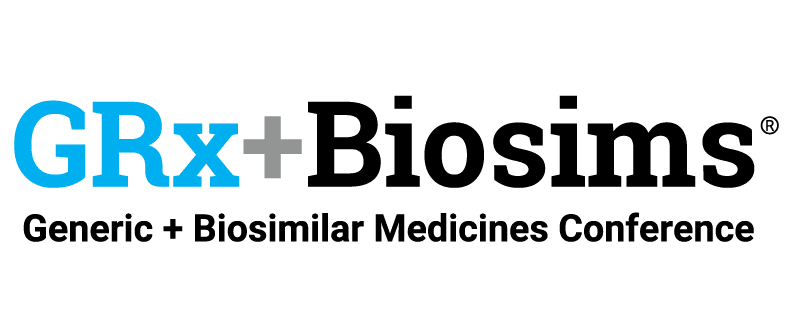This blog post was originally posted on the Cancer Action Network of the American Cancer Society and the full article can be viewed by clicking the button at the end of the excerpt.
Access to quality care has long been one of our top priority issues. To increase access to potentially lifesaving treatments, the American Cancer Society Cancer Action Network (ACS CAN) advocates for legislation that enhances access to biosimilar drugs, which offer safe and effective treatment options for cancer patients. This week, ACS CAN released new materials aimed at educating cancer patients, lawmakers and advocates on the benefits of biosimilars and highlighting ACS CAN’s continued work to advance policies that increase access to treatment options.
Biosimilars are close copies of biologic therapies (biologics), a class of drugs that are produced by living organisms. Due to the complex structure of biologics, biosimilars are held to a different approval standard than generic drugs. While generic drugs are exact chemical copies of the original drug, biosimilars are developed to be highly similar copies that are as safe, pure, and potent as the original biologic. Biosimilars are tested to ensure they produce the same effect as the biologic, so patients can be confident they are receiving the best care possible. In addition to offering more options for safe and effective cancer treatment, biosimilars offer potentially less costly options for medications and increase competition within the biotechnology sector.
The new educational materials break down the science behind biosimilars and detail the process through which the United States Food and Drug Administration (FDA) reviews and approves biosimilar products. The materials also educate cancer patients on the role that biosimilars may play in their treatment process – for example, when their health care provider might prescribe them a biosimilar product, or how, depending on state law, a pharmacist may provide an interchangeable biosimilar as a substitute for a prescribed biologic.
